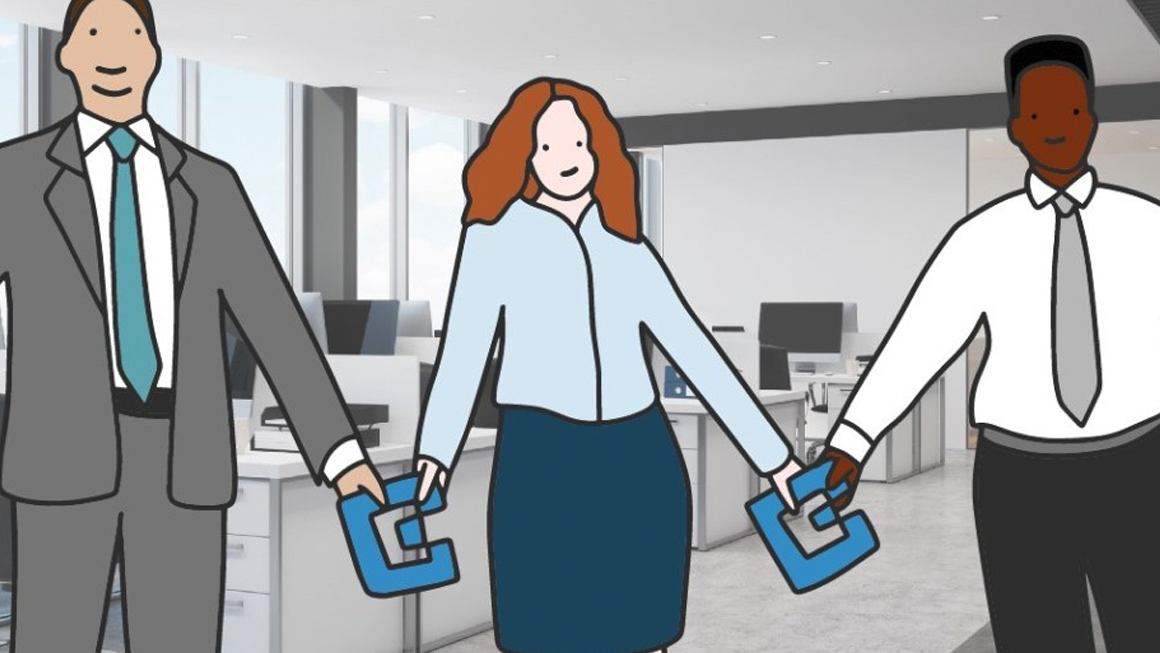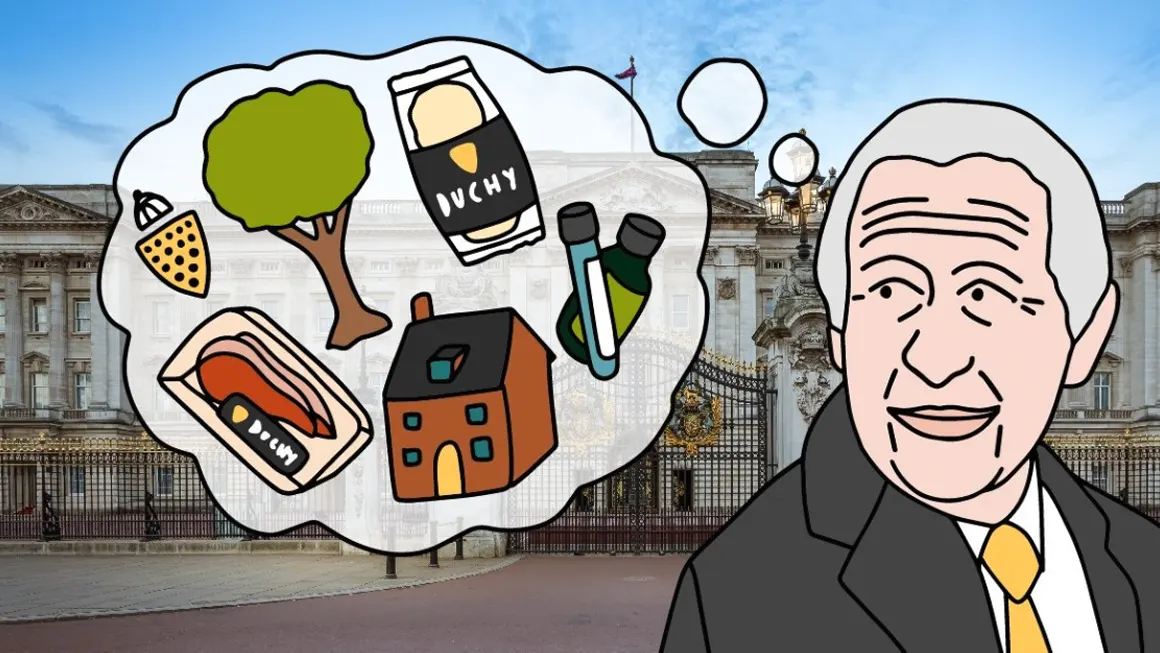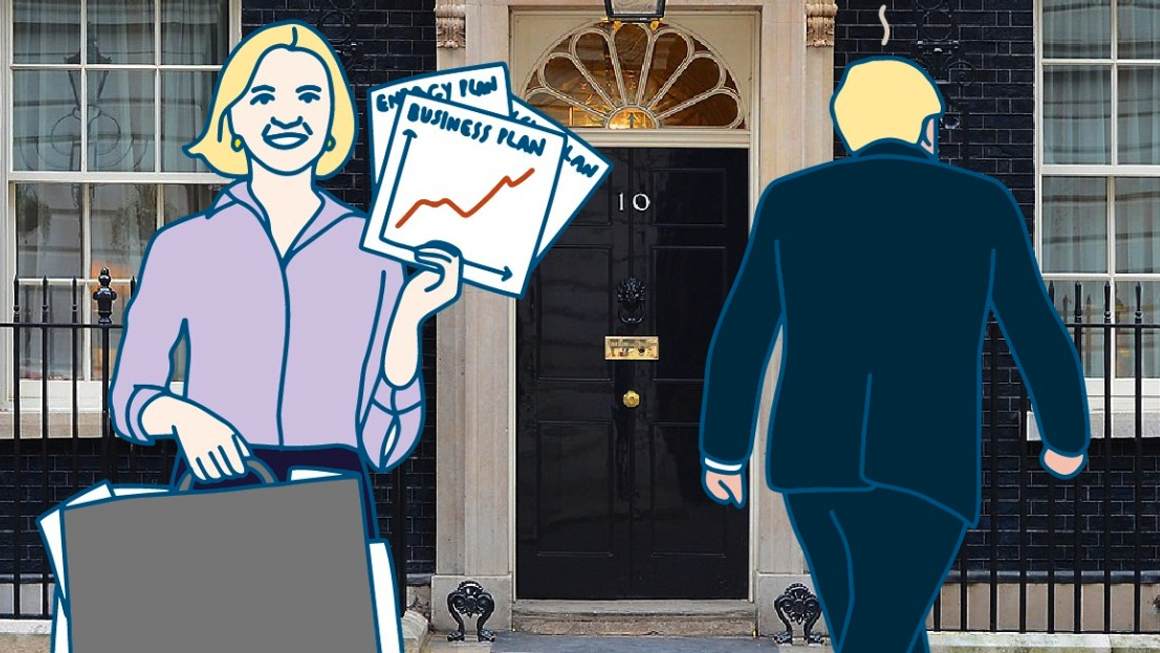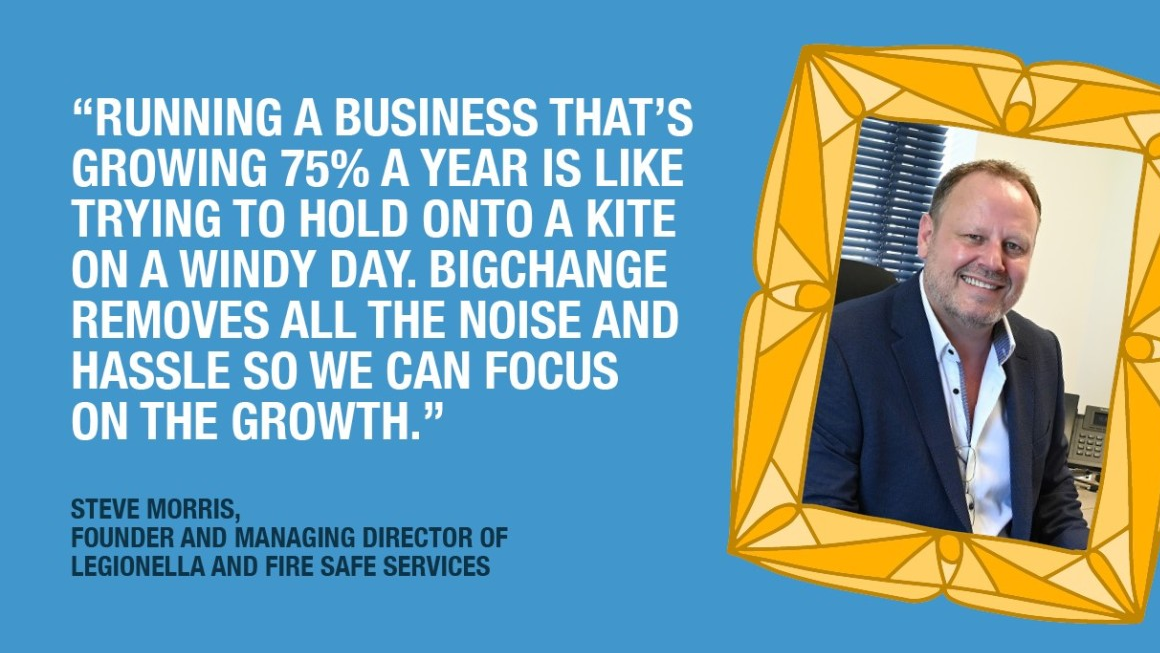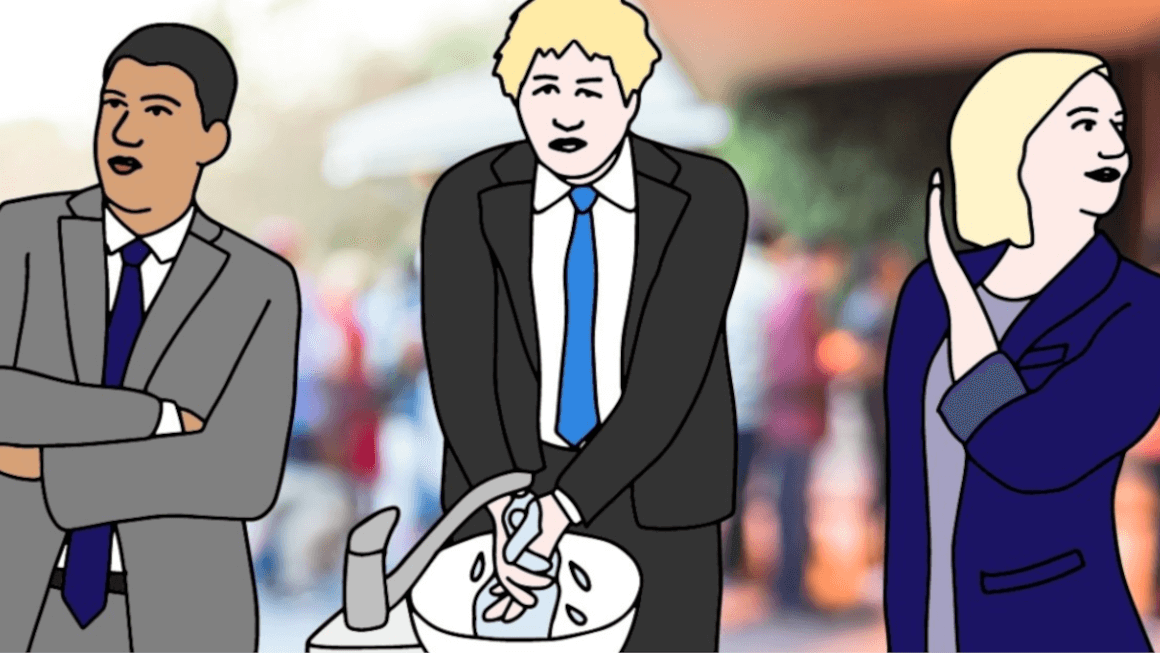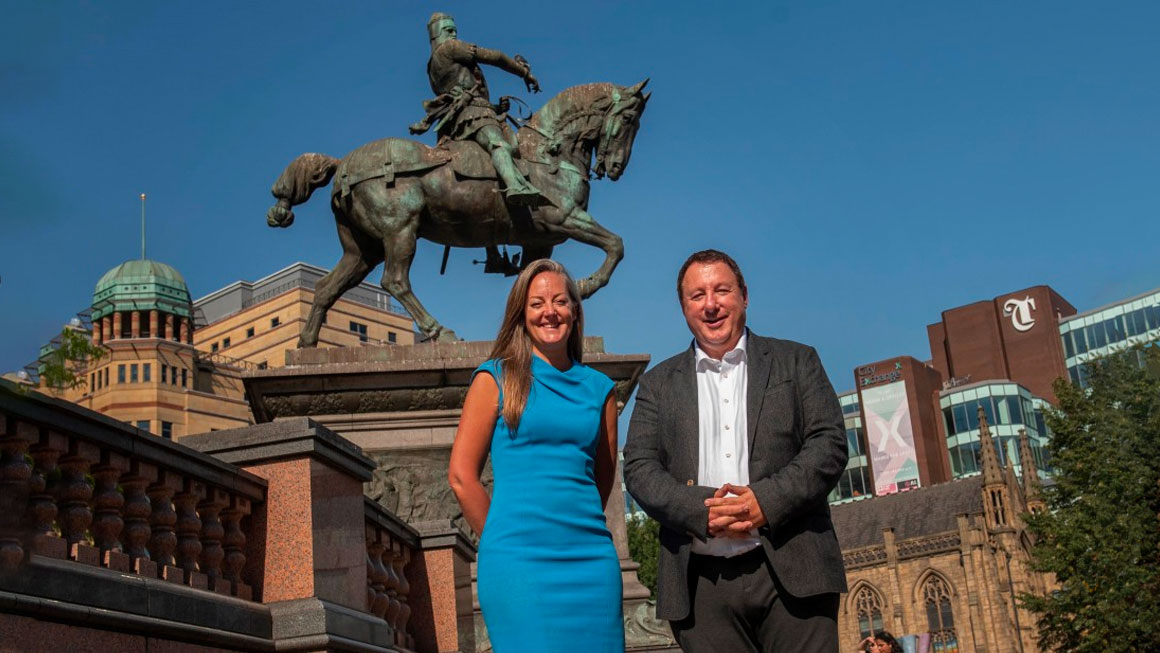Take a break from the Tory party tax tussles and let me tell you what’s really happening out there in the economy. I’m talking about the story on the ground, a world away from the headlines.
Despite all the doom and gloom out there, hard-working business owners and their teams are continuing to thrive and grow their ventures. Business confidence is rising after a three-month decline. According to the Lloyds business barometer, UK businesses are finally optimistic about their trading prospects.
BigChange is an example of one of these success stories. Let me share some of the highlights from the last nine months of the year.
Extraordinary growth
We have had an amazing year so far, with new business wins up 40% compared to the same period last year. That equates to a new order book worth £24.5m. The new business is a healthy mixture of new clients and repeat business from existing clients. We have seen many of our customers buying more licences from us this year as they take on more people. They are growing and doing well, and we are benefiting from that.
A diverse client base
In the last quarter, we have signed up 100 new organisations – some very large organisations as well as smaller firms. It’s no surprise that our existing customers are recommending us to their peers: our Customer Service satisfaction score for RoadCrew customer support was 4.6 out of 5 in Q3.
Among the new customers that have joined the fold are: EFT Systems, an integrated security manufacturer, designer, installer and maintainer across the Northwest; RS Fleet Installations, Europe’s largest auto-electrical installation expert; and Kaboodle, the largest independent installer of white goods in the UK.
Our technology continues to be the best-in-class solution across all industries and business sizes.
A bright future
Our growth trajectory this year brings us one step closer to our goal: to become a unicorn (a business worth $1bn) within three years. By 2025, we should comfortably get to £60m in annual recurring revenues.
This has all been made possible because of the outstanding team we have here at BigChange, and I’d like to congratulate the new business development team and the individuals in our customer success department, who work tirelessly to support customers.
Investing in people
We have recruited 30 new people over the past six months across multiple teams. As we grow, it’s really important that our colleagues are supported, and we have now launched and embedded our new career development programmes, BigChange Academy and Developing Careers.
In order to better support our customers, everyone in the business has enrolled in our BigChange University, ensuring comprehensive product knowledge across the company.
We are also committed to developing lean practitioners across the business and many colleagues have now completed their Lean Practitioner accreditation, which has eliminated 2,000 wasted hours and delivered many improvements to the business.
Targeted innovation
We are committed to an ambitious investment programme, and we have grown the development team and created many ambitious new innovations over the year to date. Our new releases typically fall in the “self-serve” category – helping our customers to do even more with our technology and make changes independently. As well as expanding the range of functionality even further, we have improved our analytics, giving customers even more actionable insight. Customers are keen to utilise all the features we create: this year, we have helped 45 customers achieve BigChange Expert qualifications in BigChange University, supercharging their potential in the process.
Awards
I am very proud that BigChange has been shortlisted for a number of awards that recognise our continued excellence. Among these are: SaaS Company of the Year at the UK Business Tech Awards; Best Technology Partner at the Building Innovation Awards; the Business Enabler of the Year at the Lloyds Bank British Awards; and finally Solution Innovation of the year at the Security & Fire Excellence Awards 2022. I’m a great believer in the power of awards to boost morale and raise a company’s profile.
Inclusivity
I believe that every business leader should do their bit to create jobs and opportunities for people from all walks of life, with different skills and abilities. We’re continuing to support diversity within BigChange, in line with our commitment to being a Disability Confident Employer. We have partnered with Lighthouse Trust, which works to raise awareness of neurodiversity, to support internal BigChangers and are planning to start project work with their young people later this year.
BigChange in the community
Looking outwards, we are always trying to support local charities and our community here in Yorkshire. We have been working with local food banks to help provide meals to those in need, we recently completed a clothing drive, and we have supported BigChangers who want to volunteer or raise money for charity. From skydiving for Cancer Research to working on a farm with Living Potential, which helps those with disabilities to get out in nature, I’m very proud of our team here.
Getting out and about
I recently posted about the importance of getting out there and meeting people in the real world. My BigChange colleagues are doing just that. We are attending four events over the next few weeks. If you are planning to be at PHEX in Manchester, the Field Service Expo in Birmingham, Elex 2022 in Surrey or the Floodex & National Drainage Show in London, come say hello.
We are also making sure that we spend time with our valued customers – it’s the best way to learn the challenges they face. Our customer success team has visited 200 customer sites so far this year.
Thank you to all our customers for your ongoing support of BigChange. It’s been an outstanding nine months and I have high hopes for the coming quarter, and 2023.




